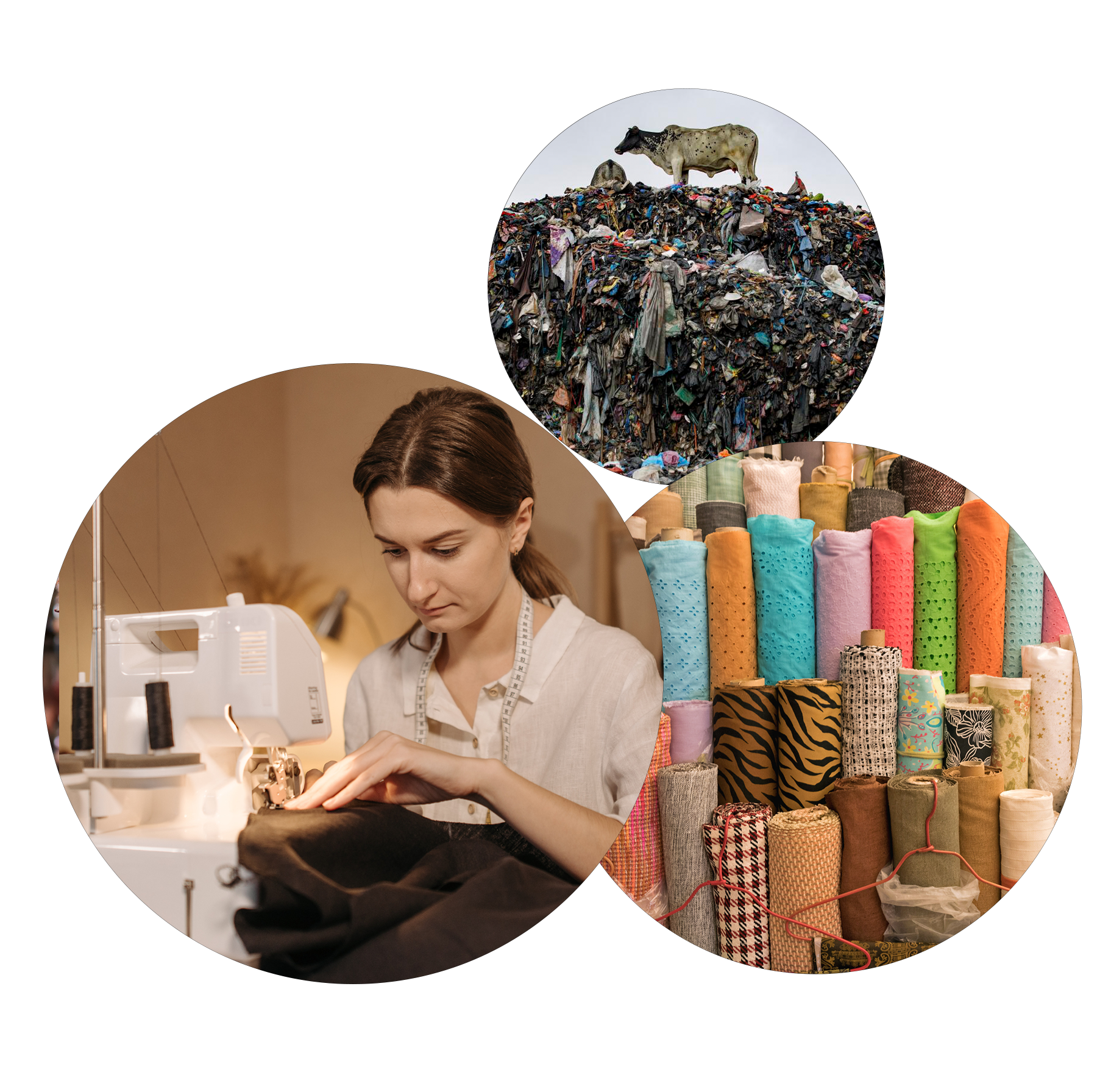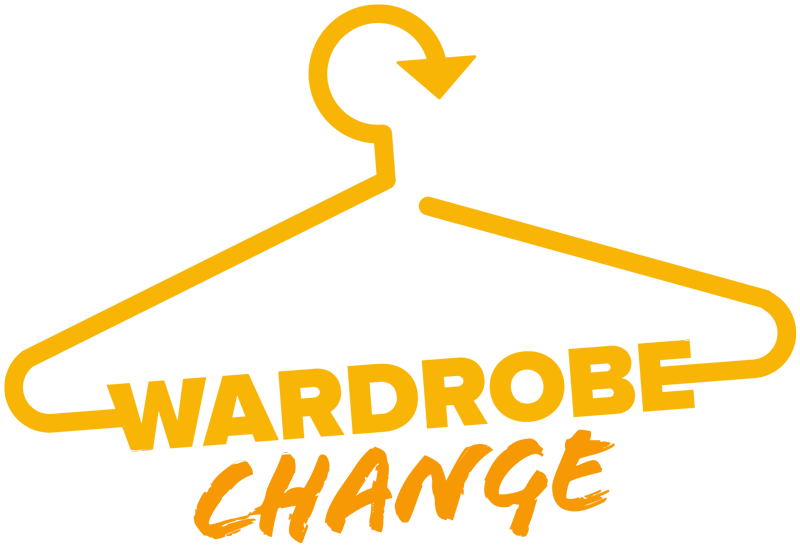Each EU citizen consumes an average of 26 kg of textiles per year, with clothing making up 81% of textile consumption.
Globally, 73% of textiles end up in landfill or incineration, and the textile supply chain is responsible for 15% of primary raw material consumption in EU households.

The rise of fast fashion has led to overconsumption and increased volumes of low-quality textiles unsuitable for reuse or recycling. There is a lack of pre-consumer recycling and a lot of downcycling. To address this, a reuse economy focuses on extending the lifespan of textiles through repair, refurbishment, and resale, diverting them from landfills and incinerators.
Resource efficiency and circularity are crucial for a sustainable textile supply chain, mitigating environmental and social impacts like labor exploitation and unethical production practices. Reuse systems create employment opportunities, support local communities, and foster social cohesion.

RREUSE, a European network representing social enterprises in the circular economy, advocates for a strong circular economy for textiles, driven by social purposes, emphasising the role of social enterprises in the value chain.
However, increasing amounts of low-quality textiles challenge the current model of textile management, funded mainly through the sale of second-hand clothes.
The updated EU waste law requires a separate collection of textiles by 2025, presenting opportunities for value recapture, but addressing issues like garment quality and overproduction and consumption levels is crucial to avoid exacerbating economic challenges and disrupting existing business models.

Wardrobe Change, a coalition of civil society organisations, calls for EU action to address the textile industry's environmental impact. Their demands include clear design standards, addressing overproduction, banning the destruction of unsold goods, improving Extended Producer Responsibility (EPR) schemes, ensuring supply chain transparency, and combating greenwashing.